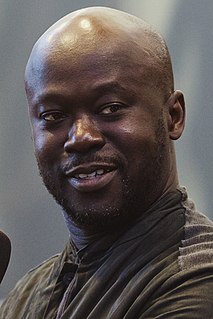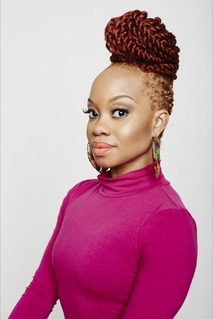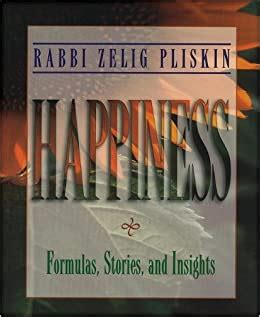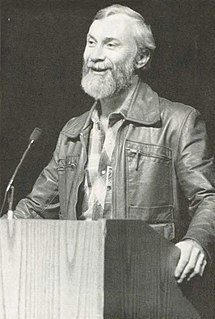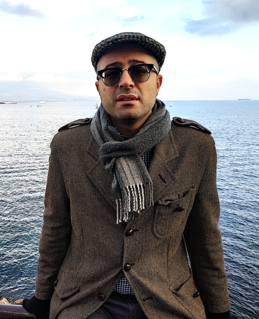A Quote by David Adjaye
What I resist is techniques. I find techniques very problematic. So when critics talk about my work in those terms, I find that they miss the condition. I am comfortable with the notion of pattern and ornament as a system of organization, [but] for me it acts as a textile. So it's not about pattern, but the notion of architecture through the lens of textile, rather than architecture through the lens of brick and mortar.
Related Quotes
In some conditions, the architecture of textile is more relevant than in other conditions or the opacity of the material form. Pattern in the world of scarce materiality and a hybridity becomes a way of creating a new authenticity. Sometimes there is a certain kind of nobility of a group of materials literally of the earth, which had a certain nobility of presence, but is very different from the materials we have now.
I think it's important for people to understand that dance, movement, choreography is about an experience and entertainment but it's also about perception and a lens. So when we're talking about a Black female's experience through a Black female's lens, that's going to be totally different from a Black female's perspective through a Black male's lens.
Photography is inextricably linked with life; the photographer is not invisibly behind the camera but projecting a life-attitude through the lens to create an interference pattern with the image. Who he is, what he believes, not only becomes important to know intellectually, but also becomes revealed emotionally and visibly through a body of work.
You carry that through and adapt it to a camera lens, but you're quite right, you cannot be sure of what an audience is going to do. You don't know what's going to happen to the piece you're doing anyway. You don't know how it's going to be edited. There are a lot more unknowns in cinema. But that you have to readily accept. That's when, I think, you have to forget about intellect, to a degree. Intuition is very important when you're working with a lens, I believe, for what the lens is doing, too.
The television screen is the lens through which most children learn about violence. Through the magnifying power of this lens, their everyday life becomes suffused by images of shootings, family violence, gang warfare, kidnappings, and everything else that contributes to violence in our society. It shapes their experiences long before they have had the opportunity to consent to such shaping or developed the ability to cope adequately with this knowledge.
